Islam and Healing: Loss and Recovery of an Indo-Muslim Medical Tradition 1600-1900
Indo-Muslim medicine--or the Unani tradition--developed in South Asia alongside Mughal political culture. While it healed the body, it also had a profound bearing on the social fabric of the region. Seema Alavi's book shows the nature and extent of this Islamic healing tradition's interaction with Indian society and politics from roughly 1600 to 1900. Drawing on Persian texts for the pre-colonial phase, Alavi moves beyond the standard colonial archive to deploy unused Urdu texts, pamphlets, local newspapers, and private family records. The result is a substantial revision of the existing historiography of Indian Islam's encounter with Western medicine. This book represents, in fact, the first major effort at telling the story of an Islamic healing tradition and its subsequent transformation by locating it within both pre-colonial and colonial time frames. Alavi shows precisely how, in the period of high colonialism, established practitioners kept their tradition alive. Their struggles to preserve and recast the Mughal legacy, control knowledge and consolidate doctrinaire languages of power when confronting print culture and Western education are compellingly documented and analysed. Without disprivileging the state, she demonstrates how an in-house struggle for hegemony can be as potent as external power during processes that define medical, social and national modernity. In the present context, where West-dominated globalization demonizes both Islam and cultural alternatives, the implications of this book are profound. A pioneering work on social and medical history, it will also interest students of Islam's interaction with the West, alternative modernities, and the struggle of the local against the global.
Get it now and save 10%
BECOME A MEMBER

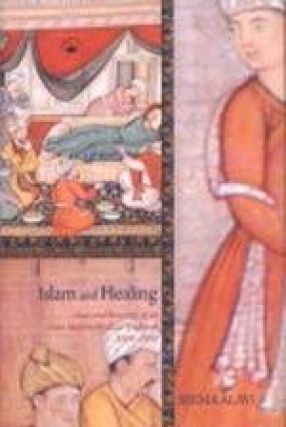
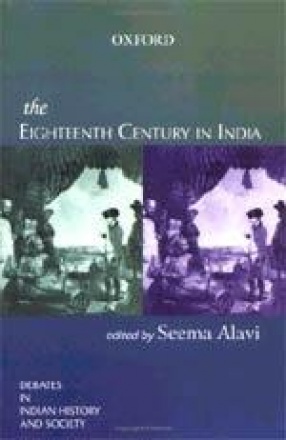
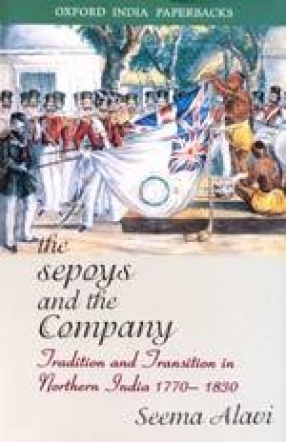
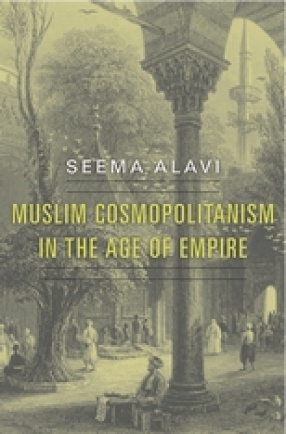
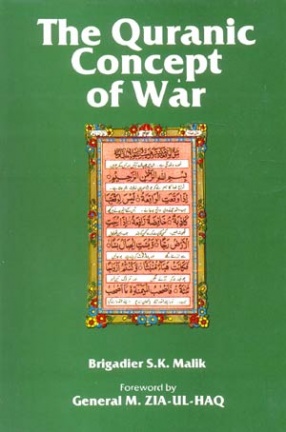
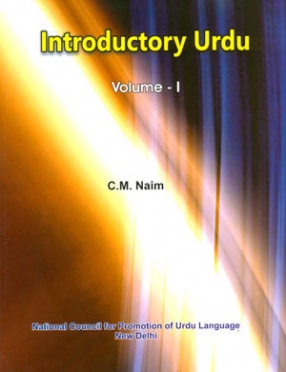

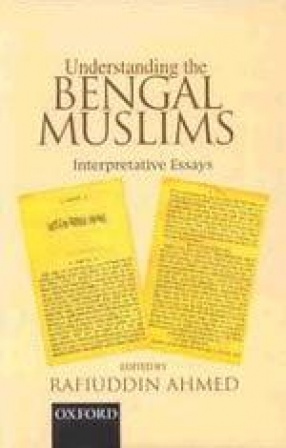

Bibliographic information